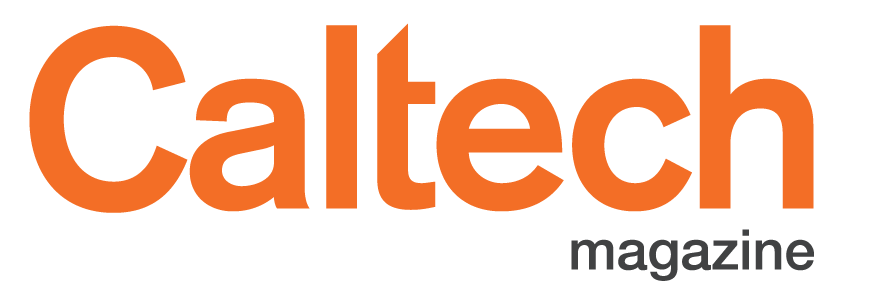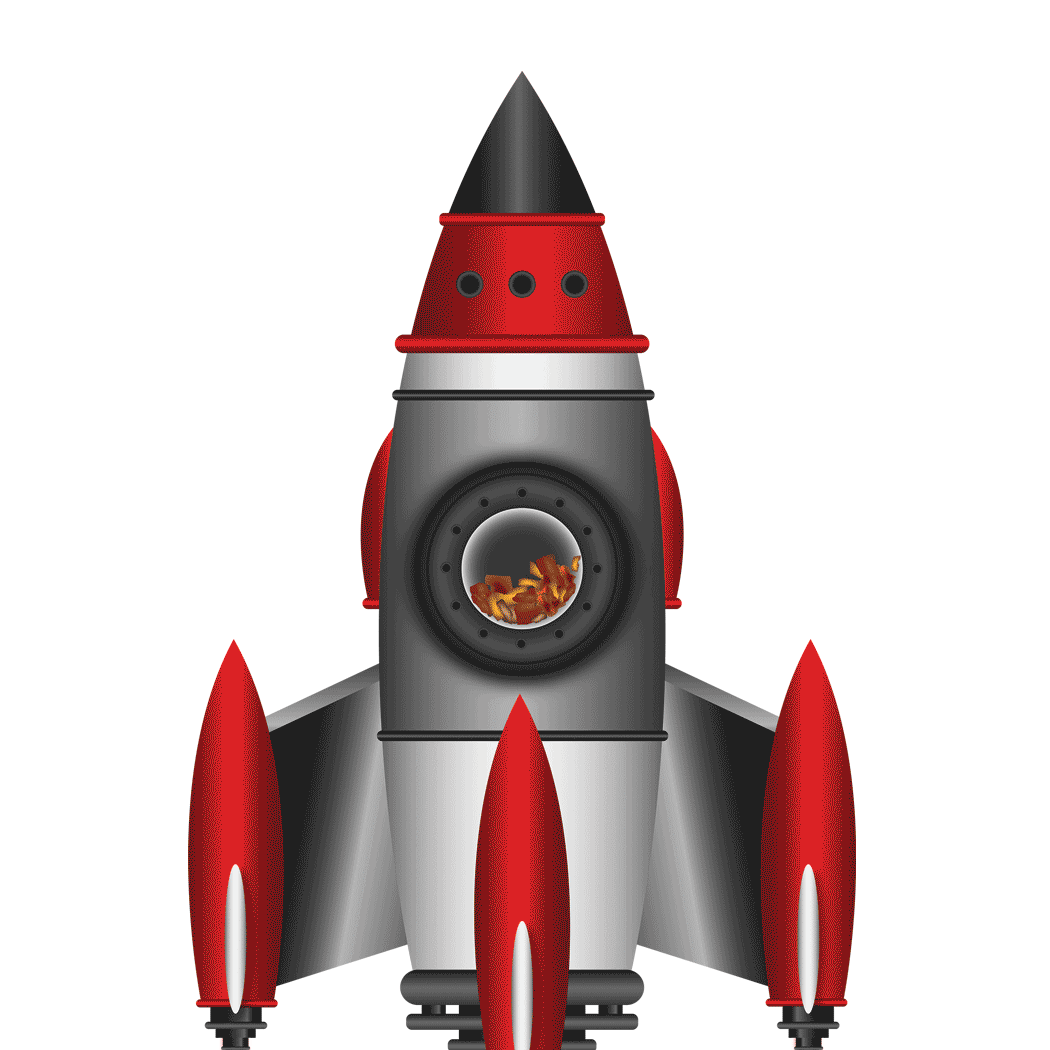Endnotes: MacArthur Awards
We Asked Alumni: If you won a MacArthur award, what would you use the money to do, create, or explore?
Scientifically-trained retirees are often frustrated when they no longer have their research to occupy their time. I would use the MacArthur award to establish a means for those retirees to productively use their skills to educate the non-science retirees in matters that are of vital concern or interest to them: medical care (personal), climate change (interest for their heirs), and technology utilization (for all of us).
Larry Oliver (BS ’65), Black Mountain, NC
Document the factors that control the relationship between international scientific cooperation, big and small, and the politics in the regions where scientists live and work. Support or debunk the notion that cooperation algorithms within the science community are a model that a global society at large might do well to follow.
Elton Kaufmann (PhD ’69), Naperville, IL
I would develop a fleet of drones with high resolution video that would be launched in major West Coast cities in the event of an earthquake.
Tom Heaton (PhD ’79), Pasadena, CA
I would use the money to support a graduate or postdoctoral fellowship or research grant targeting specifically STEM parents (particularly but not limited to women) who may have suffered hardship while balancing their work with parenting duties.
Vivian U (BS ’06), La Habra Heights, CA
I've built a platform for civic engagement called Magnify (www.magnifyyourvoice.com) that leverages the frontier of social science research to make civic action fun, easy, and social. With a MacArthur award I'd connect civic-based nonprofits across the United States with Magnify to not only strengthen our country's civic life but also strengthen our scientific understanding of what generates purposeful, democratic action.
Betsy Sinclair (PhD ’07), St. Louis, MS
I would spend at least a year examining the Caltech archives looking at the unpublished work of John Todd and Olga Taussky-Todd for research they did on the Frobenius-Taussky-Zassenhaus theorem. I have found very little work on that topic beyond the beautiful material that is contained in an unpublished manuscript that I received from John Todd when I was a freshman at Caltech.
Nicomedes Alonso (BS ’82), Moorhead, MN
(I'm obviously far too old for a MacArthur.) I'd use it to write a book of systematic philosophy. It would pay for extra supporting research.
George Rappolt (BS ’72), Needham, MA
Chances are I'd be in the midst of some exciting research in which case I'd use the money to get rid of many duties of being an academic and just focus, focus, focus. A second choice might be to "explore;” that is visit research groups that I sense are doing exciting work different from my own but might be combined with my own in some novel ways. Learning is a great joy and one that we sometimes give up to run a research program.
Joel Bowman (PhD ’74), Atlanta, GA
Already fully retired for 10 years. It would surely be a mistake if I won a MacArthur award. I shall return the money and ask them to give to a younger deserving person.
Robert Liu (PhD ’65), Honolulu, HI
My focus would be an investigation into social determinants of health. Why do investigators at Cincinnati Children's Hospital report that knowing if a family says “Yes” or “No” to the question "Do you want spiritual care?" helps with more accurate medication selection for kids with Cystic Fibrosis? What other scenarios have unexplained high correlations? If we map where these scenarios are active versus absent, what can we learn?
Clearly, there may be some form of entanglement between social, non-clinical factors and life-saving/sparing clinical treatment decisions. Is it a "quantum entanglement" or simply miraculous—or possibly ridiculous—or downright so simple we miss the simplicity?
Can what we learn trickle deeper into genetic factors? Can it trickle up to inform the sociology of governing nations (politics too), and even help refine our understanding of cosmology?
John Odden (BS ’74), Newport Beach, CA
I would create a miniature rocket to launch geology samples off of Mars.
John Whitehead (BS ’81), Davis, CA
n augmented reality system that pinpoints small foreign objects (e.g. glass splinters) inside a human body and helps to extract them quickly during a surgery.
Ivan Grudinin (PhD ’08), Pasadena, CA
Well, I did (win a MacArthur), in 1981.
And it did make a big difference in what I had been doing.
The award encouraged me to tackle issues outside the range in which I'd worked (seismology). In the 1980s I found myself in the US government unit that wrote the President's report to Congress on Soviet Arms Control violations. And for decades since then, I've had one foot in the usual set of activities of a hard-science academic, and another in policy on what to do about nuclear weapons.
I was part of the U.S. group of technical experts that negotiated the final text of the Comprehensive Nuclear-Test-Ban Treaty. I initiated (and taught for 10 years) what has become a well-subscribed science course at Columbia University titled Weapons of Mass Destruction (how they work, what happens when they are used, who has them, what are the technical challenges to trying to bring them under international control).
Paul Richards (MS ’66, PhD ’70), Nyack, NY
I find that people outside of the sciences do not know much about our everyday lives in relation to our science, our professional communities, our local community, and our families. I have approached this gap in knowledge two ways: 1) collecting oral history interviews with people connected to astrophysics; 2) making films about diverse scientists. The five years of MacArthur funding I would use to continue to do both and get a family science travel show up and running. I would use the money to buy better video and sound recording equipment, hire film crews, and pay for post-production. Also, I would have the luxury of showing my films and giving talks in underserved communities without charge.
Jarita Holbrook (BS ’87), Cape Town, South Africa
I would use the money to look into the safety (or danger) provided by the older flood control dams in Southern California. Particularly, evaluate their vulnerability to debris flows. In my spare time, I have already formed a preliminary (frightening) estimation for the Devil's Gate Dam in Pasadena.
Robert Tait (BS ’62), Pasadena, CA
My passion in these, my later years, is science education. If only everyone in the world had a proper education, especially in science, then many of today's problems would not exist. A MacArthur award delivers more than mere money; it provides recognition. I would be able to reach more students with online science lessons using real experiments and hands-on measurements.
Harry Keller (BS ’63), Manhattan Beach, CA
If I won a MacArthur award, I would take the time to explore the theoretical neuroscience of communication. People have ideas and they attempt to communicate those ideas to other people. But the ideas are really patterns of neuronal activity that find different modes of expression in the idea holder. We most often recognize (in our own heads) and express (verbally or in writing) ideas using words. But the same ideas, the same core patterns of neuronal activity, may be more effectively communicated using different actions, such as drawing, singing, or in physical activities like sporting moves or violent attacks. I’d like to better understand how the mode of expression affects the ability to communicate an idea, and how it changes the idea and helps it take shape in its final form. Understanding the basic neuroscience of communication could help people communicate more effectively to other individuals and to large groups. This work could also support research into identifying and counteracting large-scale propaganda and influence operations.
Brian Colder (BS ’89), McLean, VA
1. Write on what think is my creative contribution, and
2. Explore more
Milan Jovovic (MS ’93), Sutomore, Montenegro
I will use it to create world's smallest and most user-friendly continuous glucose monitor to help more than 420 million diabetes patients live a productive and positive life.
Muhammad Mujeeb-U-Rahman (PhD ’14), Irvine, CA



